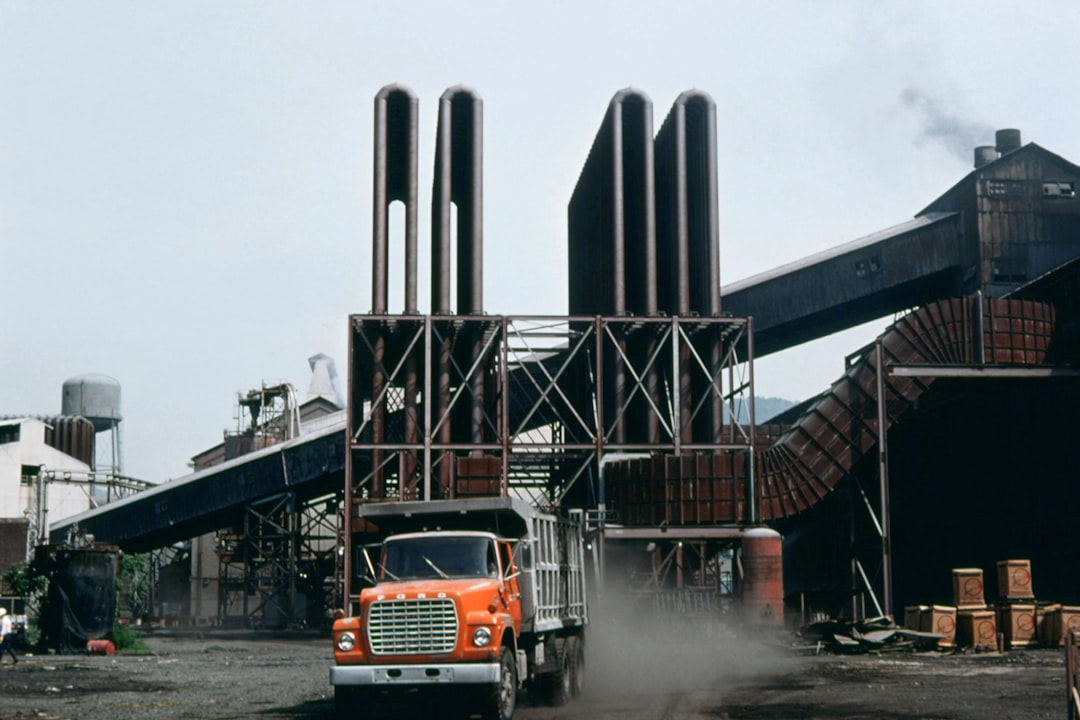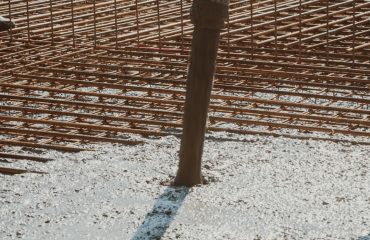Steel pipes are far more than just conduits; they are the vital arteries of any modern vessel. From carrying crucial fluids and gases to providing structural support, their role in shipbuilding is paramount. This comprehensive guide delves into the world of steel pipes in shipbuilding, exploring their diverse applications, manufacturing processes, and the future of this essential component.
1. Types of Steel Pipes Used in Shipbuilding
The shipbuilding industry utilizes a wide array of steel pipes, each chosen for its specific properties and application. Common types include:
- Carbon Steel Pipes: These are the most widely used due to their strength, weldability, and cost-effectiveness. Grades like ASTM A53 and ASTM A106 are frequently specified for various applications.
- Stainless Steel Pipes: Preferred for applications requiring corrosion resistance, particularly in seawater environments. Grades like 304 and 316 stainless steel are common choices.
- Alloy Steel Pipes: Used where high strength and resistance to extreme temperatures or pressures are needed, such as in high-pressure systems or boiler applications. Specific alloy compositions are tailored to the application.
- High-Yield Strength Steel Pipes: These pipes offer superior strength-to-weight ratios, leading to lighter and more efficient vessel designs. They are increasingly popular in modern shipbuilding.
- ERW (Electric Resistance Welded) Pipes: A cost-effective manufacturing method creating seamless pipes suitable for many applications.
- Seamless Pipes: Offering superior strength and pressure resistance compared to welded pipes, often used in critical systems.
The selection of the appropriate steel pipe type depends on factors like the intended application, the operating environment (e.g., seawater exposure), required pressure and temperature ratings, and budget considerations.
2. Applications of Steel Pipes in Ship Construction
Steel pipes are integral to numerous systems within a ship, including:
- Piping Systems: Carrying water (freshwater, ballast, fire protection), fuel, lubricants, chemicals, compressed air, and other fluids throughout the vessel.
- Hydraulic Systems: Powering various mechanisms such as steering, winches, and cranes.
- Pneumatic Systems: Utilizing compressed air for various control and operational functions.
- Steam Systems: In some vessels, steel pipes transport high-pressure steam for power generation or heating.
- Structural Support: In certain designs, steel pipes contribute to the overall structural integrity of the ship.
- Exhaust Systems: Safely channeling exhaust gases from engines and other machinery.
The extensive network of pipes within a ship underscores their critical role in ensuring the safe and efficient operation of the vessel.
3. Manufacturing Processes and Quality Control
The manufacturing of steel pipes for shipbuilding requires stringent quality control at every stage. Common manufacturing methods include:
- Seamless Rolling: A process that forms pipes from a solid billet without welds, resulting in superior strength and pressure resistance.
- Electric Resistance Welding (ERW): A cost-effective method that joins edges of a steel strip to form a welded pipe.
- Submerged Arc Welding (SAW): A welding process used for larger diameter pipes, producing strong and consistent welds.
Quality control involves rigorous testing at various stages, including:
- Chemical Composition Analysis: Ensuring the steel meets the specified chemical requirements.
- Mechanical Testing: Assessing tensile strength, yield strength, and elongation.
- Non-Destructive Testing (NDT): Employing techniques like ultrasonic testing and radiographic inspection to detect flaws in the pipes and welds.
- Hydrostatic Testing: Subjecting the pipes to internal pressure to verify their integrity.
These rigorous quality control measures are essential to ensure the reliability and safety of the steel pipes used in shipbuilding.
4. Industry Standards and Certifications
Steel pipes used in shipbuilding must adhere to stringent industry standards and certifications to guarantee their quality and performance. Key standards include:
- ASTM (American Society for Testing and Materials): Provides numerous standards for steel pipe materials and testing procedures.
- ISO (International Organization for Standardization): Sets international standards for quality management systems and other aspects of pipe manufacturing.
- DNV (Det Norske Veritas): A classification society that provides certification and verification services for various aspects of shipbuilding, including steel pipe quality.
- ABS (American Bureau of Shipping): Another leading classification society with stringent standards for materials and construction in shipbuilding.
Compliance with these standards is crucial for ensuring the safety and longevity of the vessel and meeting regulatory requirements.
5. Future Trends in Steel Pipes for Shipbuilding
The shipbuilding industry is constantly evolving, and this is reflected in the ongoing developments in steel pipe technology. Future trends include:
- Advanced Steel Grades: The development of high-strength, lightweight, and corrosion-resistant steel grades will further enhance vessel efficiency and reduce maintenance costs.
- Improved Welding Techniques: Innovations in welding technologies will lead to stronger, more reliable joints and faster manufacturing processes.
- Smart Pipes: Integration of sensors and monitoring systems into steel pipes to provide real-time data on pressure, temperature, and other critical parameters, enabling predictive maintenance and enhancing safety.
- Sustainable Manufacturing: Increased focus on environmentally friendly manufacturing processes, minimizing waste and reducing the carbon footprint of steel pipe production.
These advancements will contribute to building safer, more efficient, and environmentally responsible vessels.
In conclusion, steel pipes are indispensable components in the construction and operation of modern ships. Their selection, manufacturing, and quality control are critical to the safety, efficiency, and longevity of vessels. The ongoing advancements in materials science and manufacturing techniques promise even more robust and sustainable steel pipes for the future of shipbuilding.
Tags: steel pipes, shipbuilding, maritime, steel pipe manufacturing, ASTM, ISO, DNV, ABS, marine pipes




